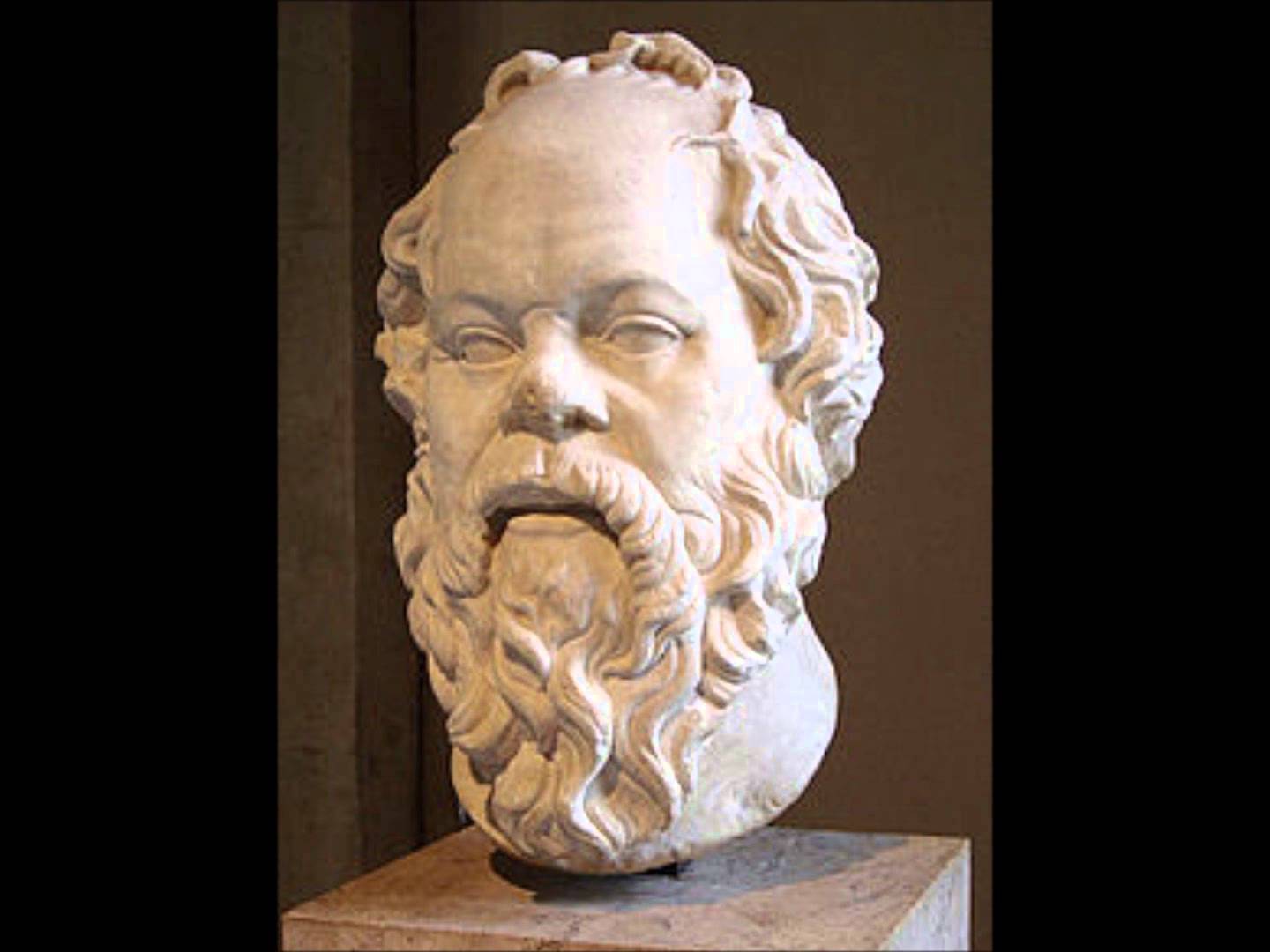


Primary-source accounts of the trial and execution of Socrates are the Apology of Socrates by Plato and the Apology of Socrates to the Jury by Xenophon of Athens, who had also been his student modern interpretations include The Trial of Socrates (1988) by the journalist I. At trial, the majority of the dikasts (male-citizen jurors chosen by lot) voted to convict him of the two charges then, consistent with common legal practice voted to determine his punishment and agreed to a sentence of death to be executed by Socrates's drinking a poisonous beverage of hemlock. The death sentence of Socrates was the legal consequence of asking politico-philosophic questions of his students, which resulted in the two accusations of moral corruption and impiety. The Trial of Socrates (399 BC) was held to determine the philosopher's guilt of two charges: asebeia ( impiety) against the pantheon of Athens, and corruption of the youth of the city-state the accusers cited two impious acts by Socrates: "failing to acknowledge the gods that the city acknowledges" and "introducing new deities". Failing to acknowledge the gods that the city acknowledgesĢ80 jurors found the defendant guilty while 220 found him innocent.399 B.C.E legal proceedings by the pantheon of Athens against SocratesĪnytus, Meletus, Lycon, et al.


 0 kommentar(er)
0 kommentar(er)
